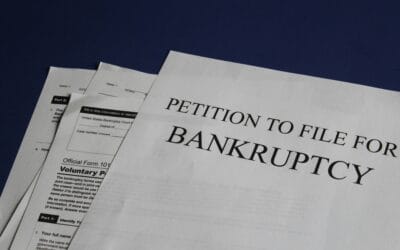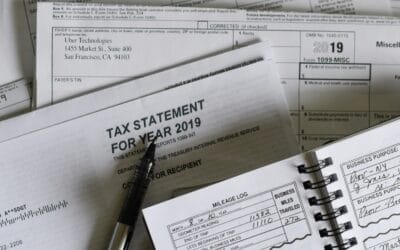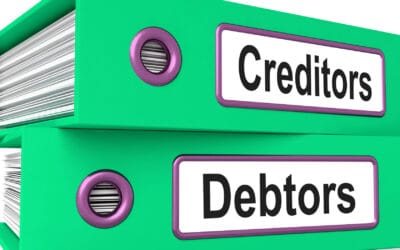- How inflation impacts families post-bankruptcy
- What strategies you can use to stay financially stable
- Where to find free or low-cost resources in Washington, PA
- Grocery prices are up 20–30% since 2021
- Rent and housing costs remain high in Western Pennsylvania
- Utility bills have surged with fuel and energy price increases
- Gas and transportation costs impact commuting or job opportunities
- Credit access is limited, making it harder to absorb emergencies
- Mint (free budgeting and goal tracking)
- EveryDollar
- A spreadsheet template from Consumer.gov
- Washington County Community Action Program → https://www.wccap.org Services: rental help, weatherization, energy bill assistance, job readiness
- United Way of Washington County PA → https://www.unitedwaywashco.org Call 2-1-1 for food, housing, and utility support
- PA COMPASS Program → https://www.compass.state.pa.us Apply for SNAP, heating assistance (LIHEAP), Medicaid, and other benefits
- Local food banks → Greater Washington County Food Bank
- Requesting a modified plan
- Asking for a temporary suspension of payments
- Evaluating whether to convert to Chapter 7
- Payday loans
- Rent-to-own financing
- “Fast credit repair” schemes
- Job markets remain strong in Pennsylvania
- Utility programs offer seasonal assistance (like LIHEAP in winter)










